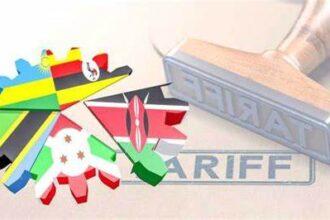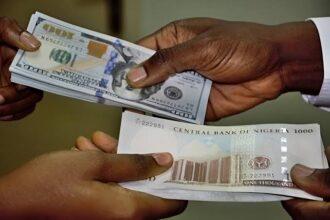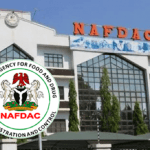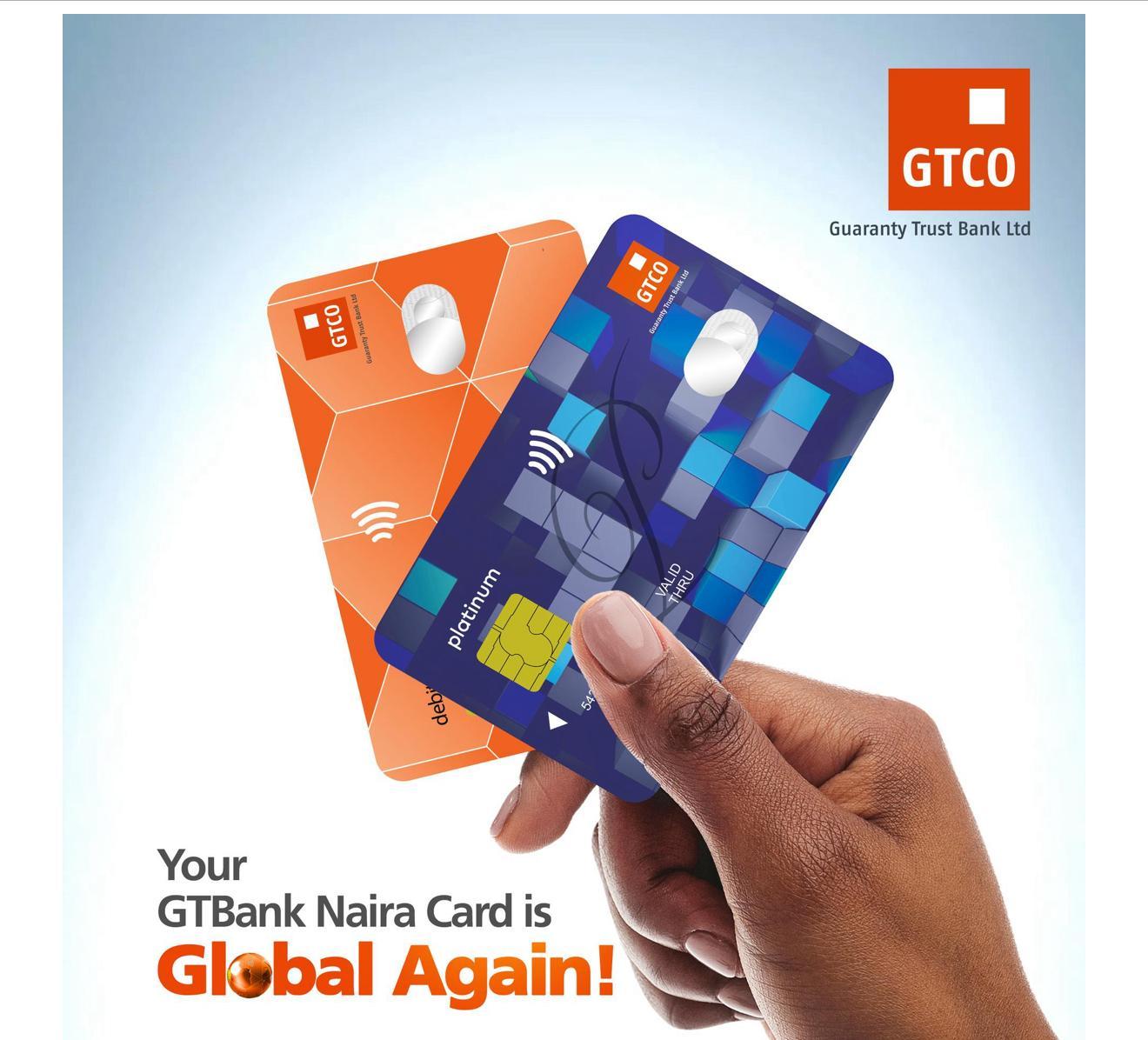While Nigeria’s Central Bank Digital Currency (CBDC), eNaira, has kicked off and already playing into the country’s economy, many Nigerians still don’t know or understand what eNaira means? As a matter of fact, many Nigerians do not know how it operates and why the country even need a digital currency in the first place.
This article hope to breakdown all the details you need to know about Nigeria’s digital currency, eNaira.
The very first thing you should know is that eNaira is simply an electronic type of money. Think of the physical Naira cash you carry everyday as the money which you can feel and touch while the eNaira is the same Naira but this time you can’t feel or touch it because it is electronic, in other words a digitalized Naira currency.
The eNaira would be a digital replica of Nigeria’s naira paper currency, with the same face value, which means one eNaira would be equal to one Naira. Most importantly is that it will not serve as a replacement for cash, but rather as a secure and convenient complement to cash payments.
That said, let’s try to define the eNaira and also outline some key takeaways.
Definition of eNaira
eNaira is a central bank digital currency (CBDC) issued and regulated by the Central Bank of Nigeria as a legal tender. It is the digital form of the Naira and will be used just like cash.
Simply put, eNaira has the same value as the physical Naira and offers simple, safe and fast transfers and payments anything and anywhere compared to cash payments.
Benefits of eNaira
The following are benefits of eNaira as stated on its official website:
- Fast, cheap, reliable and available payment channel.
- Support digital economy.
- Improved economic activities.
- Simplified and easy cross border payments and trade.
- Inclusion of excluded people in the financial system.
- Improved effectiveness of monetary policies.
- Ease in tax remittance and collection to support the Country’s growth.
- Ease in targeted social interventions to support Nigerians.
KEY TAKEAWAYS:
- The Nigeria’s Central Bank Digital Currency (CBDC), eNaira, was officially unveiled by President Muhammadu Buhari on 25 October 2021 at the State House, Abuja.
- The theme of the eNaira is: Same Naira, More Possibilities.
- The eNaira currency will not replace the physical Naira but will act as a digital representation of it.
- The eNaira was developed by the fintech company, Bitt, based in the Carribeans.
- At the launch, the Central Bank of Nigeria governor, Godwin Emefiele, said 500 million eNaira ($1.21 million) had already been minted.
- Nigeria is the first in Africa to develop an official digital currency.
eNaira Wallet
The eNaira wallet is a digital storage that holds the eNaira. It is held and managed on a distributed ledger. The eNaira wallet is required to access, hold and use eNaira.
eNaira Wallet is Nigeria’s new digital currency using blockchain technology that allows you to send, receive and make payments with ease. It is issued by the Central Bank of Nigeria (CBN) and carries a similar value as the fiat Naira. The eNaira offers secure, swift, and more convenient transactions.
The eNaira wallet is required to access, use and hold the eNaira. The eNaira will be exchangeable for other Central Bank Digital Currencies (CBDC). The eNaira will be made accessible only through the eNaira Wallets which is the digital storage that holds the eNaira.
The CBN prides the eNaira Wallet as a technology that goes beyond an App, but a companion for all transactions.
How the eNaira works
The eNaira works as a digital version of the physical Naira.
Financial institutions licensed by the CBN are responsible for ID verification, eNaira payment processing, and creating wallets for customers to hold their eNaira.
The eNaira wallet is similar to a bank account and is created in the same way; however, it will be a separate account that is not connected to an already existing bank account.
Transactions will be possible between two parties that both have an eNaira wallet, which allows you to store, send, and receive eNaira.
eNaira App Core Features
Unified Payment System: With eNaira app, you can easily move money from your bank account to your eNaira wallet with ease.
Contactless Payment: The eNaira app comes with an in-store payment feature which allows you to use your eNaira wallet by scanning QR codes.
Bank Account Management: You can monitor your eNaira wallet, check balances and view your transaction history.
Peer-to-Peer Payment: Another wonderful feature the eNaira app has is the ability to allows users to send money to one another through a linked bank account or card.
Sending/Receiving Money: With this technology, you can now send and receive money faster, easily and at very minimal costs.
Verifying Payments: Using the eNaira app, you can verify your payments and look up your transaction history anytime, anywhere.
Financial Institutions Transactions: Intra/inter financial institutions transactions are not only possible, they are faster and cheaper.
Foreign Exchange Transactions: You can now enjoy speedy transactions across boundaries and a hitch-free foreign exchange.
20 Notable Questions and Answers about eNaira Currency
Q1: When was the eNaira launched?
Ans: It was launched on October 25. The launch of eNaira made Nigeria became the first country in Africa to introduce a digital currency. It has been touted as a “game changer” that will transform commerce in the continent’s largest economy.
Q2: Why was eNaira created?
Ans: The eNaira was created to increase remittances, foster cross-border trade, improve financial inclusion and enable the government to make welfare payments more easily.
Q3: What is eNaira used for?
Ans: The Central Bank has given several reasons for launching the eNaira. It is to: promote and facilitate financial inclusion. enable direct welfare disbursements to citizens.
Q4: What makes eNaira different from money in your bank account?
Ans: eNaira is the digital form of the cash and is a direct liability on the Central Bank of Nigeria while the customer deposits are direct liabilities on the financial institutions.
Q5: Is eNaira a Cryptocurrency?
Ans: No. Unlike Bitcoin which is a cryptocurrency, the eNaira is a digital currency issued by the government. This difference has a big impact on the stability of the currency.
For example, the eNaira will maintain the same value as the Naira. Therefore, its value will not rise and fall the way Bitcoin does, also meaning it is not something to invest in to grow your fortunes.
The eNaira simply makes it easier to facilitate transactions digitally without needing to be backed by cash.
Q6: How does eNaira work in a digital economy?
Ans: The eNaira would be a digital replica of Nigeria’s naira paper currency, with the same face value, which means one eNaira would be equal to one Naira. Most importantly is that it will not serve as a replacement for cash, but rather as a secure and convenient complement to cash payments.
Q7: Will e-Naira be at par with the physical Naira?
Ans: The eNaira is a legal tender and will form part of the currency-in-circulation. More importantly, the e-naira will be at par with the physical Naira, maintaining the same exchange value as the Naira What this means is that one eNaira is of the same value with one traditional Naira i.e N1=1 eNaira.
Q8: Can I pay with my eNaira and cash at the same time for a transaction?
Ans: Yes. The eNaira and Cash are all variants of the legal tender. Either or both can be used to carry out transactions as the situation demands.
Q9: Can I pay cash into any bank and instruct them to pay the funds into my ewallet?
Ans: No. In order to move cash into your eNaira wallet, kindly go to your bank.
Q10: In a typical transaction, what is the difference between an online bank transaction and eNaira wallet?
Ans: There are intermediaries for the typical online bank transactions, whereas for eNaira transactions, there are no intermediaries.
Q11: What is the primary role of the CBN with respect to eNaira?
Ans: In line with Section 2 of the CBN Act 2007, the CBN is the issuing authority of all forms of Naira.
The Central bank will also be responsible for determining the technical, regulatory and operational standards for eNaira.
Q12: Will eNaira replace cash?
Ans: No, it will circulate alongside cash. The eNaira will complement cash as a less costly, more efficient, generally accepted, safe, and trusted means of payment.
Q13: Is eNaira safe?
Ans: eNaira is safe and secured with cryptographic techniques against counterfeiting, cloning, and other forms of attack.
Q14: Who can access eNaira?
Ans: Similar to cash, any person or business can have access to eNaira as long as they have the requirements for onboarding.
Q15: What is the exchange rate between eNaira and physical naira?
Ans: The eNaira will have the same value as the physical naira. As such, it will be exchanged one to one.
Q16: How do I access eNaira?
Ans: You will be able to access eNaira via the eNaira wallet in app stores such as Google Play store and the Apple App store. You can also dial a USSD short code and follow the required steps to perform transactions.
Q17: How will the eNaira affect the economy?
Ans: It is still unclear what impact eNaira will have on the Nigerian economy, if any at all.
However, the CBN believes the eNaira will greatly improve financial inclusion, payment processing, and tax collection, among other things.
The eNaira is also expected to increase cross-border trade, which could have a positive impact on the Nigerian economy.
Q18. Are there transaction or/and balance limits?
Ans: Yes, there are transaction and balance limits for individual eNaira wallets. These have been drawn out by the CBN.
For Tier 0, the daily transaction and balance speed wallet limits are N20,000.00 and N120,000.00, respectively. For Tier 1, daily transaction and balance speed wallet limits are N50,000.00 and N300,000.00, respectively.
For Tier 2 customers, daily transaction and balance speed wallet limits are N200,000.00 and N500,000.00, respectively. Finally, for Tier 3 customers, daily transaction and balance speed wallet limits are N1,000,000.00 and N5,000,000.00, respectively, while there isn’t any limit for Merchants.
Q19. Are there charges for using the eNaira platform?
Ans: According to CBN, all charges for transactions that originate from the eNaira platform shall be free for the first 90 days commencing from October 25, 2021. However, it would revert to applicable charges as outlined in the Guide to Charges by Banks, Other Financial and Non-bank Financial Institutions.
Q20: How do I register for eNaira?
Ans:
STEPS TO REGISTER
- Download eNaira App from your app store.
- Select the name of your Bank from the list of banks displayed.
- Authenticate your registration using your BVN, Date of Birth, Email as it appears in your bank details.















